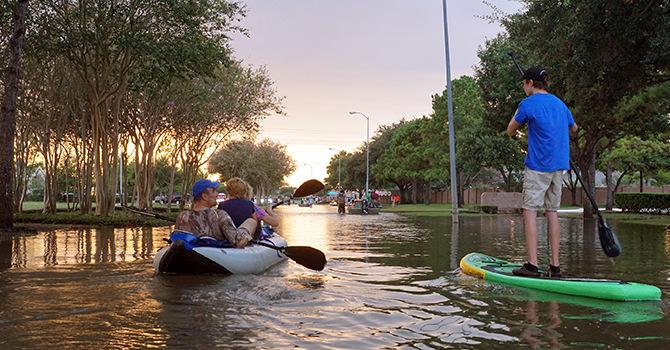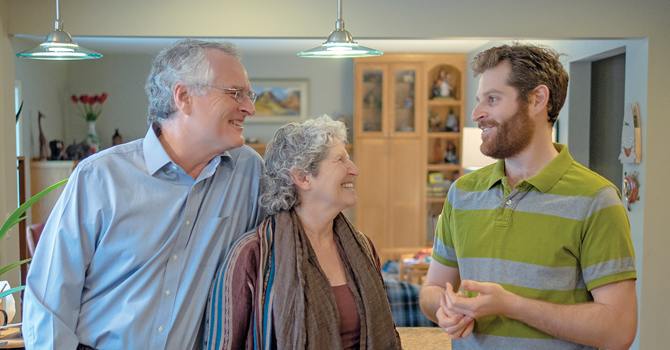
Disease in the Era of Climate Change: Human Disease Burdens in a Dynamic World
Introduced by John Meeker
In the field of public health alone, climate change will in some way impact every area of this broad, diverse discipline. How will human health adapt to a rapidly changing world and to rapidly evolving disease burdens as climate change threatens natural environments and already vulnerable populations?




